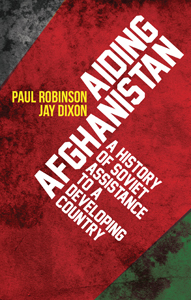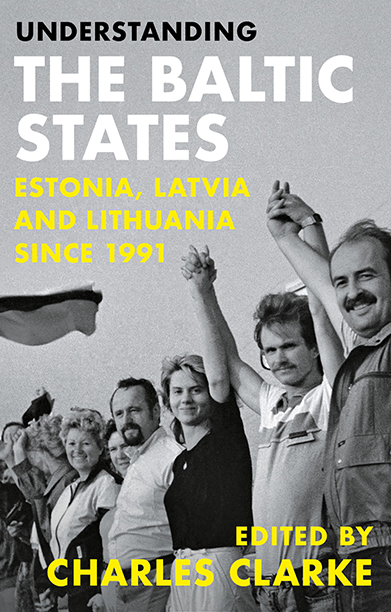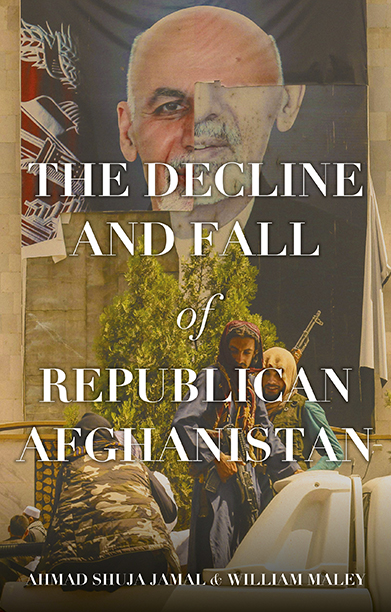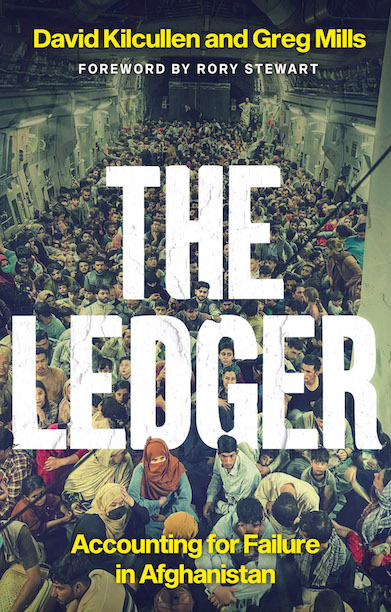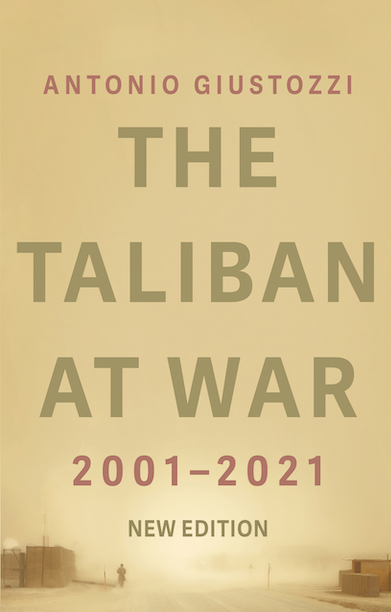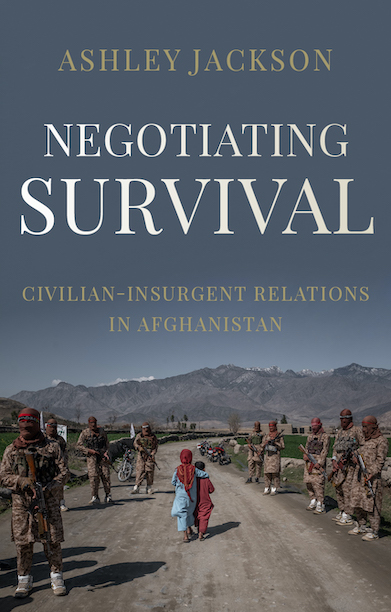Aiding Afghanistan
A History of Soviet Assistance to a Developing Country
A compelling reconsideration of how massive injections of Soviet aid failed to win round the Afghan people or stabilise the country.
Description
For close to sixty years Afghanistan was one of the largest recipients of foreign development aid and yet it remains one of the poorest countries on the planet. The Soviet Union pro- vided Afghanistan with large-scale economic and technical assistance for nearly twenty-five years before invading in 1979 and then in- creased the volume of assistance even further during the 1980s in an effort to prop up the government and undermine the anti-Soviet insurgency. None of this aid made any lasting difference to Afghan poverty. As in so many other countries, foreign aid did not promote economic growth. Using unexplored Russian sources, this book describes and analyses the economic and technical assistance programs run by the Soviet Union from the mid-1950s through to the collapse of the Soviet Union in 1991, and places them in the context of both Soviet-era development theories and more recent ideas about the role of institutions in fostering economic growth. In some respects Soviet development theorists were actually ahead of their contemporary Western counterparts in realising the centrality of institution-building, but they proved unable to translate their theories into practical solutions. The reasons why their assistance programs failed so completely in Afghanistan remain compellingly relevant today.
Reviews
‘Aiding Afghanistan demonstrates that the long Soviet civil involvement in Afghanistan was so much more coherent and extensive than our own, yet still it failed. In doing so the book asks tough questions about the whole concept of “intervention.” The intelligent reader looking for reasons why things went awry in our own occupation could do no better than read it. Indeed there are lessons here for all of those engaged in so-called “stabilisation activities” wherever they are.’ — Frank Ledwidge, author of Losing Small Wars: British Military Failure in Iraq and Afghanistan
‘Little attention has been paid either by Russian or foreign scholars to Soviet attempts to re-engineer the state and economy of Afghanistan both before and during the long war they fought in that country. This important and well-researched book goes a long way towards filling the gap. The authors judge that Soviet aid policy was well-intentioned. But it failed, for many of the reasons that Western aid policies are failing in Afghanistan and elsewhere. It is a bleak conclusion.’ — Rodric Braithwaite, British Ambassador to Moscow 1988-1992, and author of Afgantsy: The Russians in Afghanistan, 1979-1989
‘A fresh look at a topic which was wildly mis-analysed during the cold war, this volume represents a balanced analysis of achievements and failures of Soviet aid to Afghanistan. The authors have something important to say concerning development aid more generally, based on shared problems between Soviet and western aid experiences.’ — Antonio Giustozzi, author of Empires of Mud: Wars and Warlords in Afghanistan and editor of Decoding the New Taliban: Insights From the Afghan Field
Author(s)
Jay Dixon has a PhD in Economics from UCLA. He currently works for Industry Canada, researching the determinants of Canada’s economic growth, and lectures on macroeconomic policy in the Graduate School of Public and International Affairs at the University of Ottawa.
Paul Robinson is a professor in the Graduate School of Public and International Affairs at the University of Ottawa. He has written numerous books and articles on a wide variety of subjects including Russian and Soviet history.
